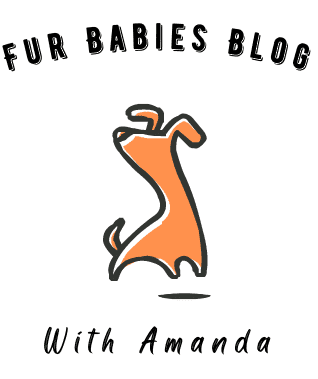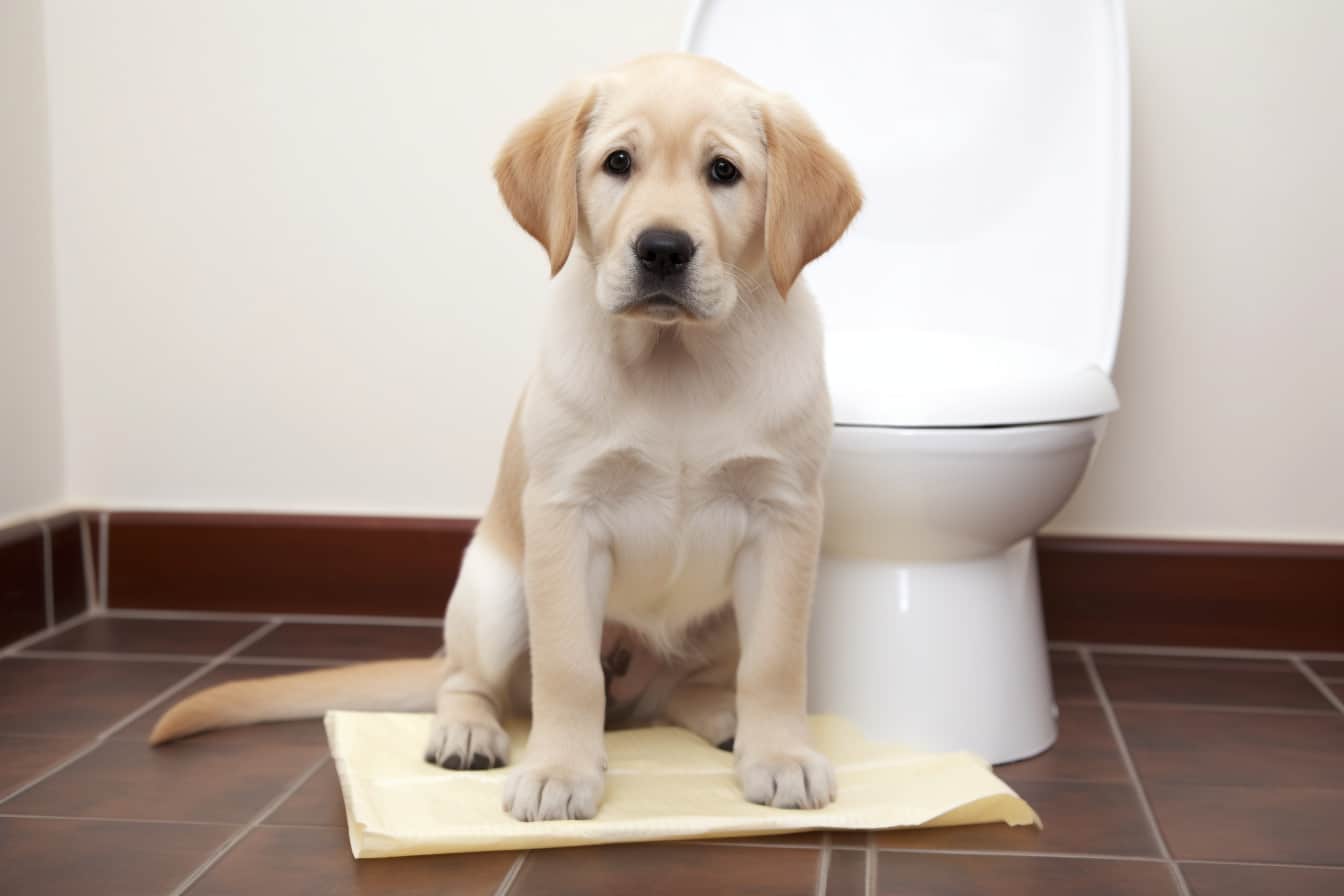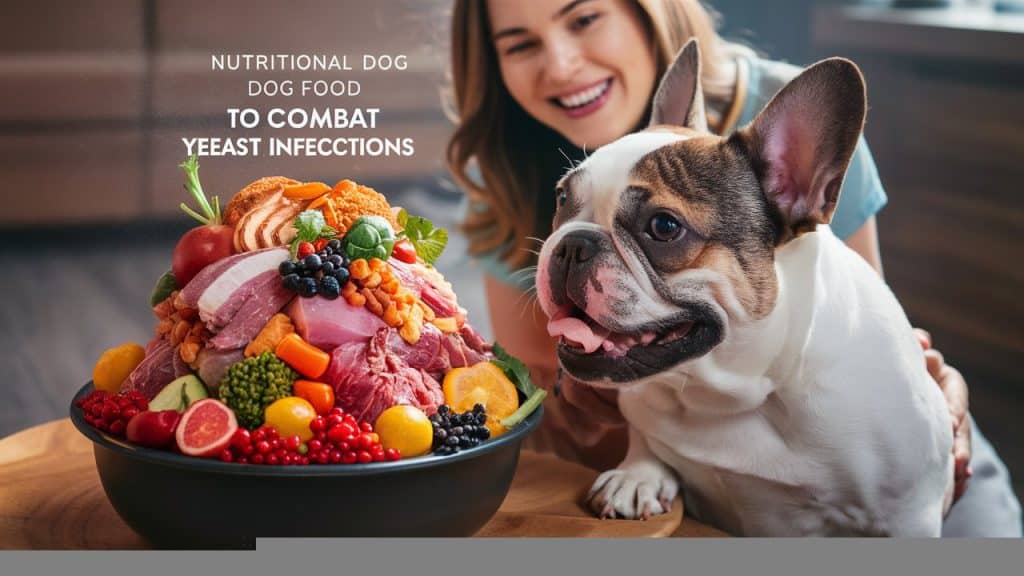Best dog food for bowel incontinence
Just imagine the relief of finding the perfect solution to help your pet deal with bowel incontinence. In this blog post, we'll investigate the world of specially formulated diets for dogs struggling with this challenging issue.
From highly digestible proteins to gut-friendly probiotics, we'll explore the key components of a low-residue dog food that can make a real difference in managing your dog's bowel incontinence.

Key Takeaways:
- Highly digestible proteins: Opt for dog food with sources like chicken or fish that are easy for your furry friend's stomach to break down, reducing the chance of loose stools.
- Complex carbohydrates: Look for ingredients such as brown rice or potatoes in the food, as they offer energy and help firm up stool consistency.
- Probiotics and moderate fiber: Consider dog food with probiotics for a healthy gut environment and a moderate amount of fiber to support digestion without increasing stool bulk.
When looking for the best dog food for bowel incontinence, keep these key points in mind.
Opt for proteins that are easily digestible, complex carbohydrates for energy and firm stools, and probiotics to promote a healthy gut. Moderation is key when it comes to fiber, so choose a diet that supports digestion without worsening incontinence.
By making these dietary changes, you can help your furry companion feel more comfortable and in control, improving their overall well-being.
Understanding Bowel Incontinence in Dogs
Causes of Bowel Incontinence
Incontinence in dogs can stem from various reasons, such as aging muscles or neurological issues. It's vital to identify the underlying cause through a veterinary examination to tailor the best treatment plan. Factors like these disrupting your furry friend's bowel movements can be managed with a specialized diet, like low-residue dog food.
Importance of Veterinary Diagnosis
Incontinence can be a sign of an underlying health issue, requiring a thorough assessment by a veterinarian. Their expertise can pinpoint the root cause of your dog's bowel struggles, whether it's due to muscle weakness or another condition.
This diagnosis is crucial to decide on the most effective treatment plan, which might involve dietary changes, medications, or other interventions.
The Role of Diet in Managing Bowel Incontinence
Benefits of Low-Residue Dog Food
A necessary part of managing your dog's bowel incontinence is through their diet. Clearly, low-residue dog food plays a crucial role in supporting your furry friend's well-being. These specially formulated diets are easier for your dog to digest and produce less stool volume, helping to reduce accidents.
Key Ingredients in Low-Residue Diets
With the specific needs of dogs with bowel incontinence in mind, low-residue dog food contains key ingredients that can make a significant difference in their digestion.
Highly digestible proteins like chicken or fish, complex carbohydrates such as brown rice or potatoes, probiotics for a healthy gut environment, and moderate fiber levels all work together to support gut health without increasing stool bulk.
The inclusion of these key ingredients in low-residue diets is necessary for managing bowel incontinence effectively. An optimal balance of nutrients can help your dog navigate this challenging issue with more comfort and control. By providing the right diet tailored to their needs, you can make a positive impact on your beloved pet's quality of life.
How Low-Residue Dog Food Can Help
For pooch parents, caring for dogs with incontinence can be challenging. Incontinence can make dogs uncomfortable and cause a lot of mess. It’s important to choose the right food that can help manage your dog's incontinence and provide them with the necessary nutrition.
https://butternutbox.com
Reducing Stool Volume and Frequency
To tackle the messy challenge of bowel incontinence in dogs, specially formulated low-residue dog food comes to the rescue. These diets, with easily digestible proteins like chicken or fish, aid in reducing stool volume. To add to that, complex carbohydrates such as brown rice or potatoes help in firming up stool consistency, ultimately lowering the frequency of accidents.
Improving Digestion and Gut Health
Reducing the risk of incontinence accidents involves more than just managing stool volume. A key aspect is improving digestion and gut health. Low-residue dog food with the addition of probiotics fosters a healthy gut environment, aiding digestion and reducing the risk of complications like diarrhea.
For instance, maintaining a moderate fiber content in the diet supports gut health without increasing stool bulk.
Choosing the Right Low-Residue Dog Food

Factors to Consider When Selecting a Food
Despite the overwhelming array of dog food options out there, choosing the right low-residue diet for your furry friend can be simplified by considering a few key factors. Start by looking for highly digestible proteins, such as chicken or fish, which can ease your dog's digestion.
Opt for complex carbohydrates like brown rice or potatoes to support firm stool consistency. Finally, ensure the food contains probiotics to promote a healthy gut environment and moderate fiber to aid digestion without worsening incontinence. The right balance of these components can make a world of difference in managing your pup's bowel issues.
Top Brands and Products for Bowel Incontinence
The world of low-residue dog food is vast, but a few standout brands and products have earned their place at the top when it comes to supporting dogs with bowel incontinence.
Look for options like Hill's Prescription Diet i/d Digestive Care, which offers a balance of digestible proteins and moderate fiber to assist in managing your dog's condition. Royal Canin Gastrointestinal Low-Fat Dry Dog Food is another solid choice, providing a blend of complex carbohydrates and probiotics to promote healthy digestion.
With the right brand and product in hand, you can take a step in the right direction towards supporting your dog's well-being.
Bowel incontinence is a challenging condition for both dogs and their owners, but with the right approach, it can be managed effectively. By selecting a low-residue diet that's tailored to your dog's specific needs, you can help minimize accidents and improve their overall quality of life.
Note, every dog is unique, so working closely with your vet to determine the best course of action is key. With the proper care and attention, your furry friend can still lead a happy and fulfilling life despite their bowel issues.
Implementing Dietary Changes
Gradually Transitioning to a New Food
Now, when it comes to changing your dog's diet to manage bowel incontinence, a gradual transition is key. Dietary changes should be made slowly to avoid upsetting your pup's stomach.
Start by mixing small amounts of the new low-residue dog food with their current food, then gradually increase the ratio over a week or so. This gentle shift will help your dog adapt to the new diet without causing any digestive disturbances.
Monitoring Your Dog's Progress and Adjusting as Needed
To ensure the dietary changes are effectively supporting your dog's bowel incontinence, it's crucial to monitor their progress closely. Keep an eye on their stool consistency, frequency of accidents, and overall well-being.
If you notice any issues or if there's no improvement after a reasonable trial period, don't hesitate to reach out to your veterinarian for further guidance. With their expertise, you can fine-tune the diet or explore other treatment options to optimize your furry friend's health and comfort.
Combining Dietary Changes with Other Treatment Options
Medication and Other Interventions
For some dogs with bowel incontinence, medication and other interventions may be necessary to address the underlying causes. The veterinary team might prescribe medications to strengthen muscles or manage neurological issues contributing to the condition.
Additionally, procedures such as physical therapy or acupuncture could complement dietary changes in managing your dog's bowel incontinence effectively.
Working with Your Veterinarian to Develop a Comprehensive Plan
Veterinarians play a crucial role in assessing, diagnosing, and treating bowel incontinence in dogs. Beyond recommending a low-residue diet, they can suggest personalized treatment plans based on your dog's specific needs. This may involve a combination of medication, dietary changes, and other interventions to address the root cause of the issue.
Regular check-ups with your vet can help monitor your dog's progress and make any necessary adjustments to the treatment plan.
Combining dietary changes with other treatment options is key to managing bowel incontinence effectively in dogs. By working closely with your veterinarian and following their guidance, you can provide your furry friend with the best possible care.
Note, each dog is unique, so a personalized approach tailored to your dog's individual needs is vital for their well-being and quality of life. Best dog food for bowel incontinence varies based on the specific requirements of your canine companion, and your vet is the best resource to guide you through this journey.
Summing up
Considering all points, opting for a low-residue dog food could be the best choice to manage bowel incontinence in your furry companion. This specialized diet, rich in easily digestible proteins, complex carbohydrates, probiotics, and moderate fiber, can help regulate stool consistency and reduce accidents.
However, it's necessary to consult with your vet to explore all treatment options tailored to your dog's specific needs. By providing the right care and diet, you can support your dog's well-being and quality of life despite the challenges posed by bowel incontinence.
FAQ
What is the best dog food for bowel incontinence?
The best dog food for bowel incontinence is a low-residue diet. These diets are specially formulated to be easy on your pup's tummy and help reduce accidents. They typically include highly digestible proteins like chicken or fish, complex carbohydrates like brown rice or potatoes, probiotics for gut health, and just the right amount of fiber to keep things moving smoothly.
How can a low-residue diet help dogs with bowel incontinence?
A low-residue diet can help dogs with bowel incontinence by providing easily digestible nutrients that are gentle on their stomachs. The proteins, carbohydrates, probiotics, and fiber in these diets work together to support your dog's digestion and firm up their stools, reducing the chances of accidents in the house.
Are there other options besides a low-residue diet for managing bowel incontinence in dogs?
Yes, besides a low-residue diet, there are other options for managing bowel incontinence in dogs. Your veterinarian may recommend medication, supplements, or even certain exercises to help strengthen your dog's muscles. Every dog is different, so it's necessary to work closely with your vet to find the best solution for your furry friend.



